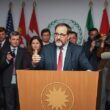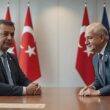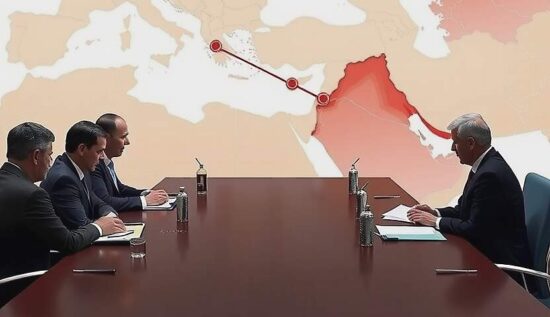Kamal Charrazi, a senior advisor to Iran’s Supreme Leader, stated on Thursday that Tehran is willing to resolve its nuclear dispute with the United States through indirect talks and is prepared to engage in such discussions with Washington.
This announcement followed reports on Monday that Iran was considering an offer to hold indirect talks over the United Arab Emirates. Tehran had previously rejected a warning from US President Donald Trump, saying it would either accept a US-favored agreement or face military consequences.
Iran’s Supreme Leader, Ayatollah Ali Khamenei, described the message as deceptive and Foreign Minister Abbas Aragchi said talks were impossible as long as the US did not change its “maximum pressure” policy.
“The Islamic Republic has not shut all its doors. It is ready for indirect talks with the United States to assess the other party, present its own conditions and make a fair decision” Charrazi emphasized.
Iran is expected to respond to Trump’s letter to Khamenei soon. Aragchi said last week that Tehran would consider both Trump’s threats and possibilities in its response.
About two weeks ago, Trump stated that he had sent a letter to the Iranian leadership, proposing talks with the Islamic Republic, which the West fears is rapidly approaching the ability to produce nuclear weapons. However, Iranian President Ebrahim Raisi said he would not negotiate with the US as long as he was “threatened” and Iran would not bow to US demands for talks.
During Trump’s first term in office (2017-2021), the US withdrew from the 2015 nuclear agreement between Iran and world powers, which had set strict limits on the country’s nuclear activities in exchange for relief from sanctions. After the US withdrawal in 2018 and the re-imposition of comprehensive US sanctions, Iran has accelerated its uranium enrichment and violated the agreed-upon limits. Tehran, in turn, claims its nuclear program is solely for civilian energy purposes.





